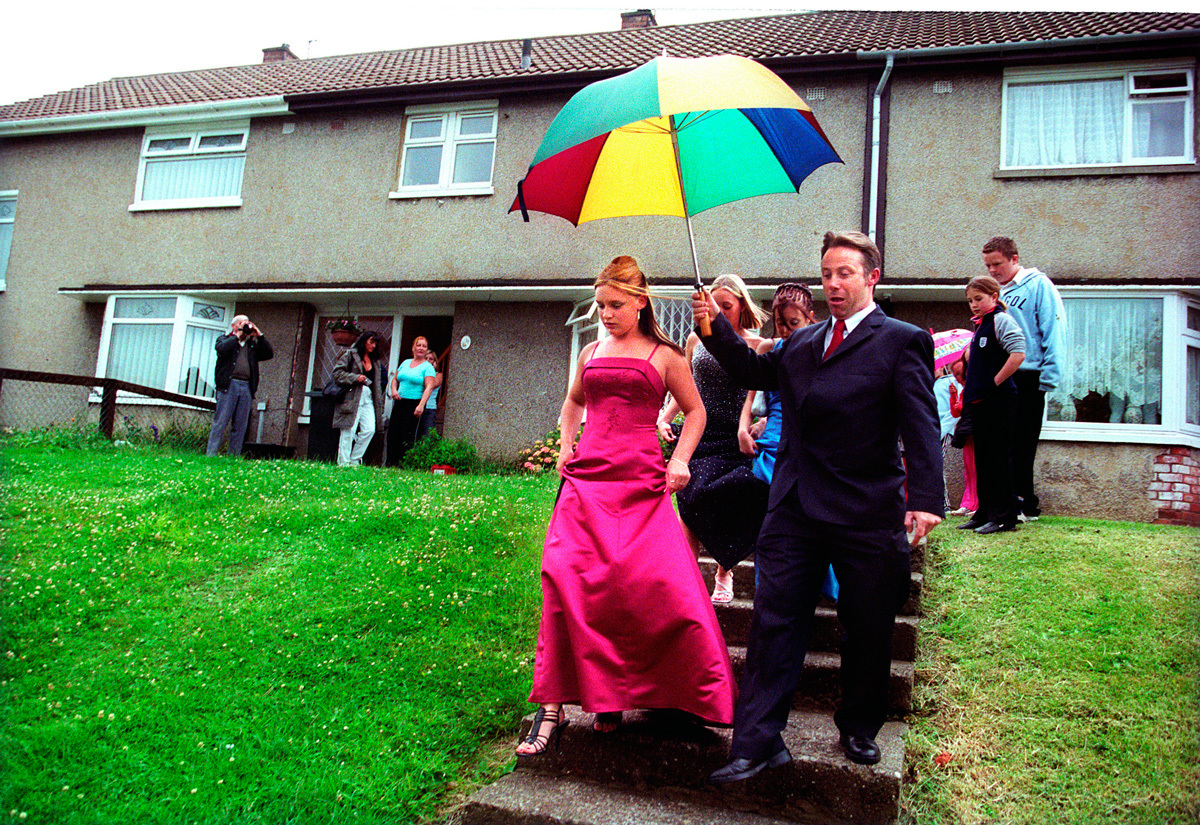Newcastle’s essential Side Gallery reopens this Saturday with an exhibition exploring the complex world of children’s lives. Bringing together contemporary work, as well as that from the Amber archive — the film and photography collective that opened the gallery back in 1977 — CHILDHOODS continues its tradition of displaying images from both the North East and beyond. Kai Wiedenhöfer’s series on refugee children, Forty Out of One Million, sits side by side with Dean Chapman’s South West Durham-set Shifting Ground.
Another North East-based series in the show is Karen Robinson’s All Dressed Up. Featuring photos of teenage girls coming of age in the ex-mining villages of East Durham, the series is an exploration of their lives and the complex social issues around them — landscapes that are marginalized, communities that are often overlooked. More than that though, it is a story of love. A story of responsibility, of friendship, of motherhood. “The sense,” as Robinson has it, “that life is just beginning.”
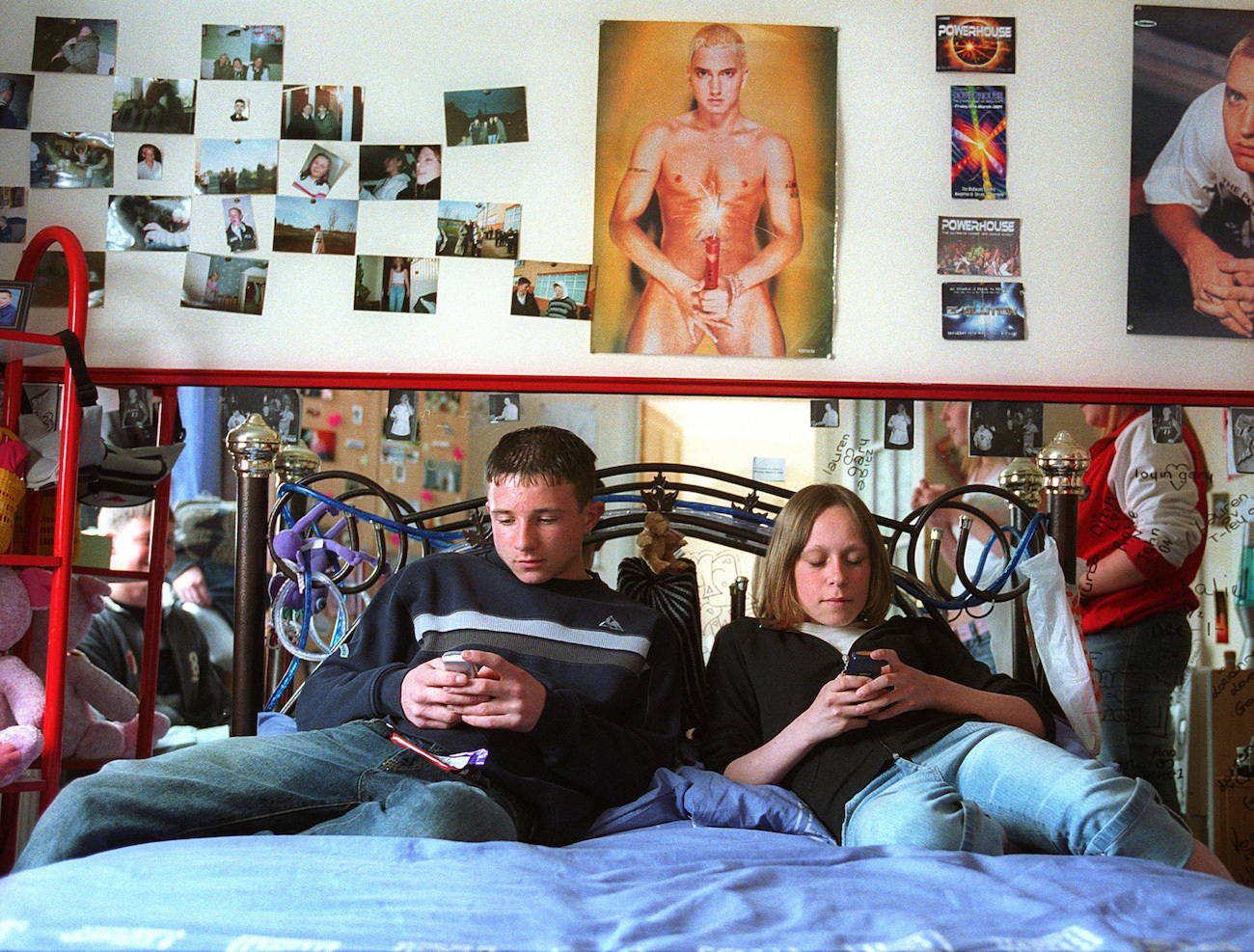
When did the series first come about?
Side Gallery commissioned me in 2005 to produce a body of work in the ex-mining communities of East Durham. I wanted to concentrate on the lives of teenage girls growing up in there — explore how they saw their world, what their aspirations were.
How did you go about picking your subjects?
In some ways it was obvious who I would concentrate on — those girls whose lives were the most interesting and who obviously didn’t mind me being around. The young girl I met one evening who stood with her friends, three months pregnant, and not sure who the father was very quickly grew up to be a loving and protective mother.
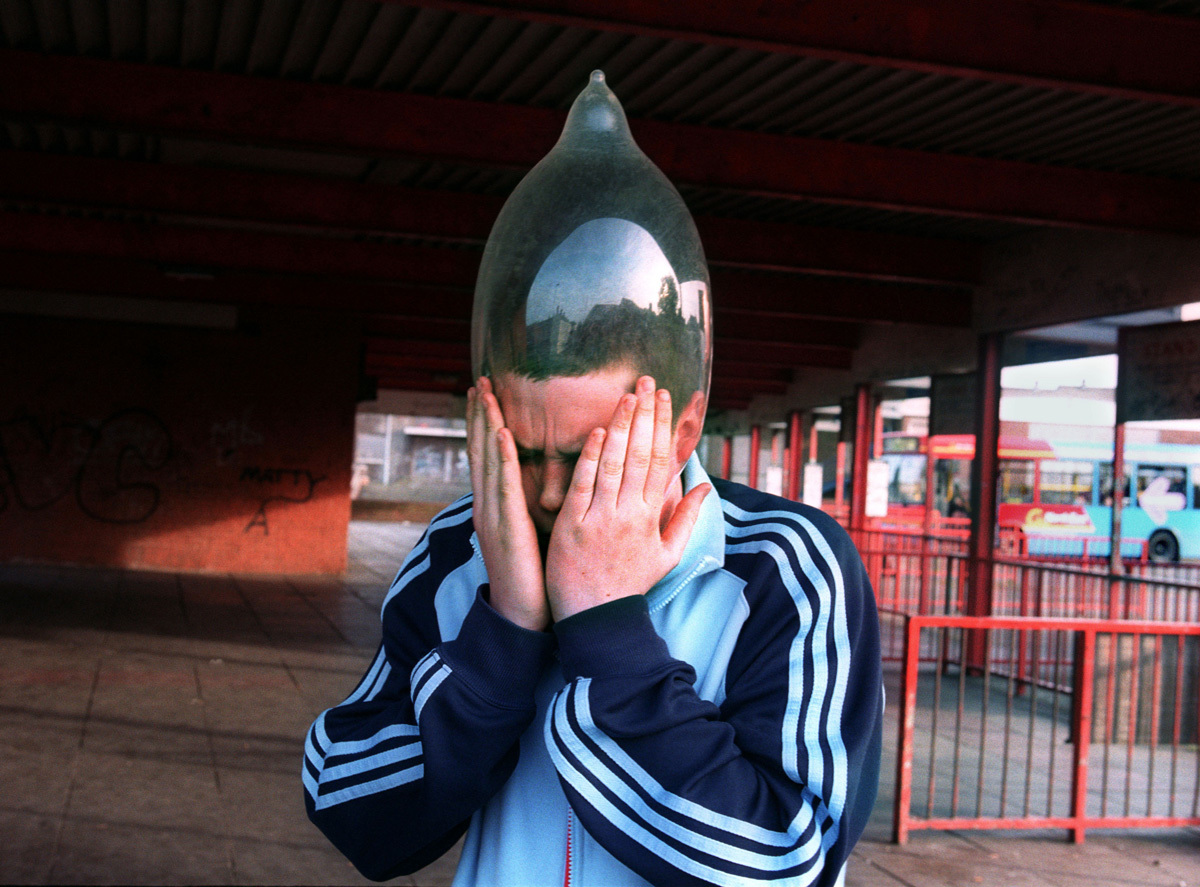
Were the young people you photographed at all wary of being involved? You came up from London! How did you go about winning their trust?
Although it was often difficult and took time, gradually they began to trust me enough to open up a glimpse into their lives with all their contradictions and complexities. Each of the girl’s stories were fascinating. Their lives were chaotic, ever changing, ever the same. Each group of girls had a special place they would always go to. At first they thought it was strange that I wanted to photograph their lives, but then maybe it was something a bit different for them. Maybe they liked someone taking a bit of notice. Then often they would forget I was there.
What were their hopes for the future? Did they know what they wanted to do when they were older?
Life is tough in this deprived area; poverty and unemployment are high. It’s hard to say they didn’t really seem to have hopes for their future but they didn’t, they took one day at a time. There was not much talk of gap years traveling or going to college.
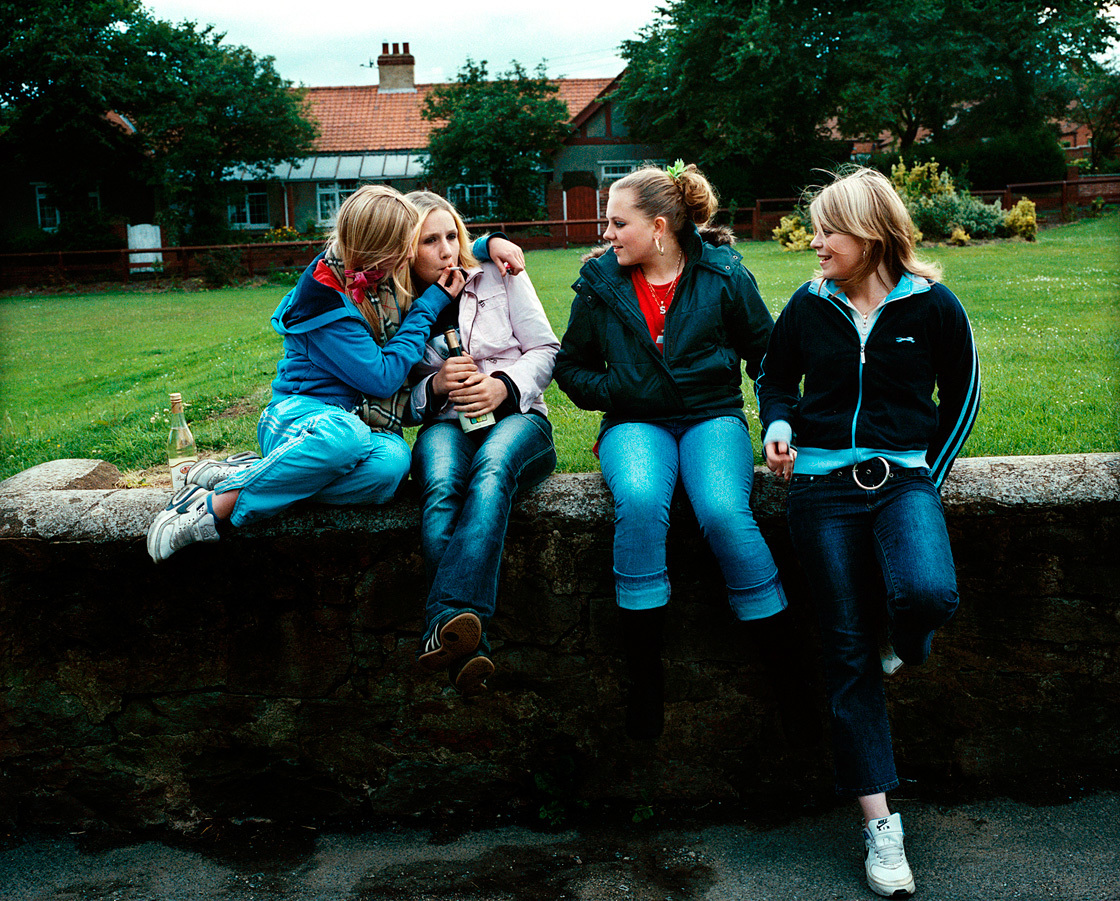
What was it that you liked about them?
I loved their sense of humor; they would often make me laugh, often make fun of me. I was also shocked at times by their innocence, at other times by their knowledge of life and by the hard experiences they had had to deal with already.
What are your memories of prom night?
It was such a big deal for everyone, a lot of time and money was spent getting ready. It was their chance to be someone else for the night, they felt special and I enjoyed the fact that by photographing them that day they felt even more special.
Do you have a favorite image from the series?
Gemma and Tony were very much in love. He was wanted by the police after having gone AWOL from the Army and had just gone back to their rented house to visit Gemma. A beautiful moment in a difficult life.
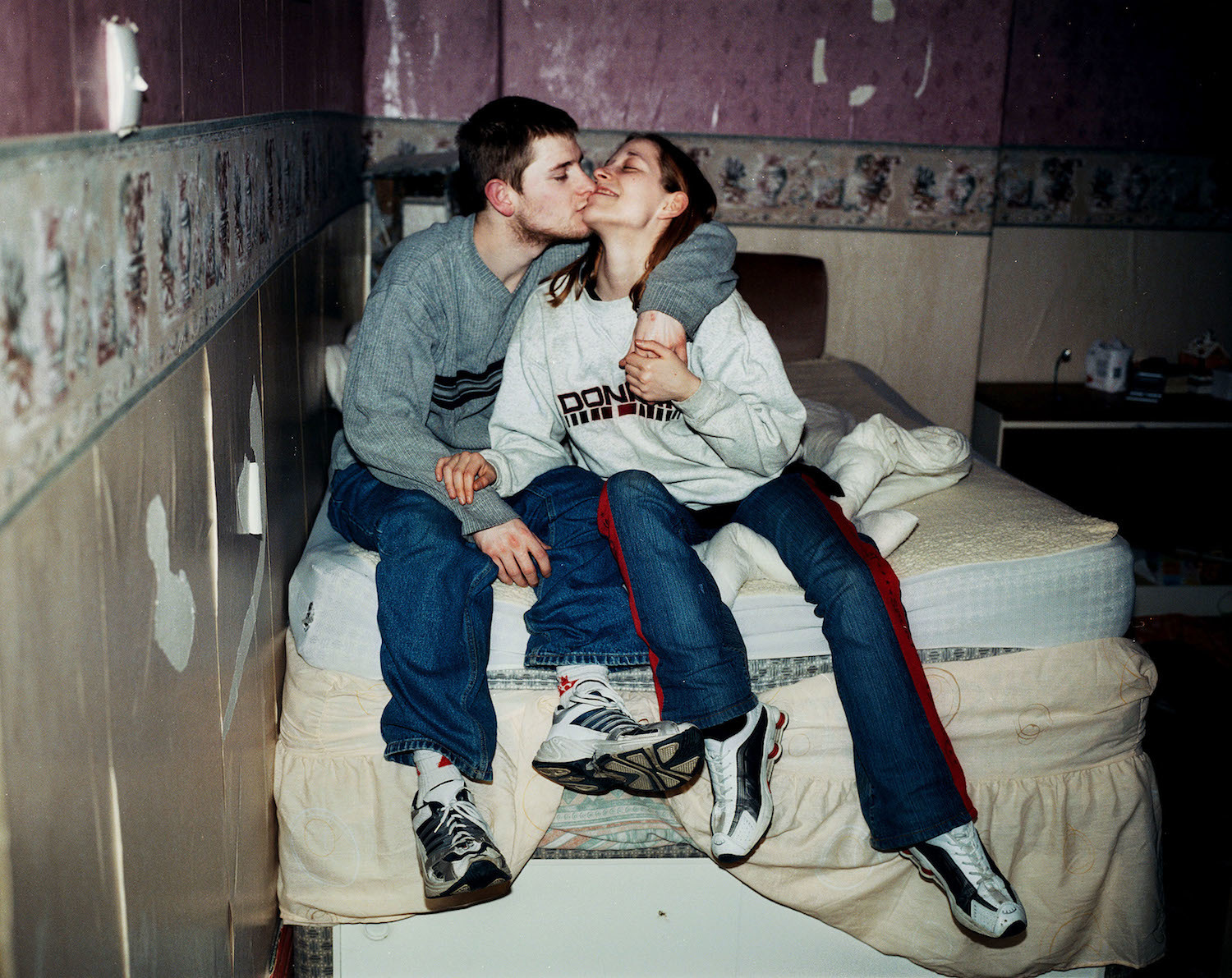
Do you know what any of the girls are doing now?
It was hard enough keeping in touch with them when I was in the midst of the project. It’s been very hard to keep in touch with them subsequently, but I have been able to keep in touch with one of my favorites, Aimee. She was always into art and would show me her drawings in her bedroom. She’s now working in a tattooist’s so she’s “drawing, drawing, always drawing.”
Is youth wasted on the young?
I would have to say yes. Too much angst and insecurity, you want to tell them “just go for it, you can do anything.”
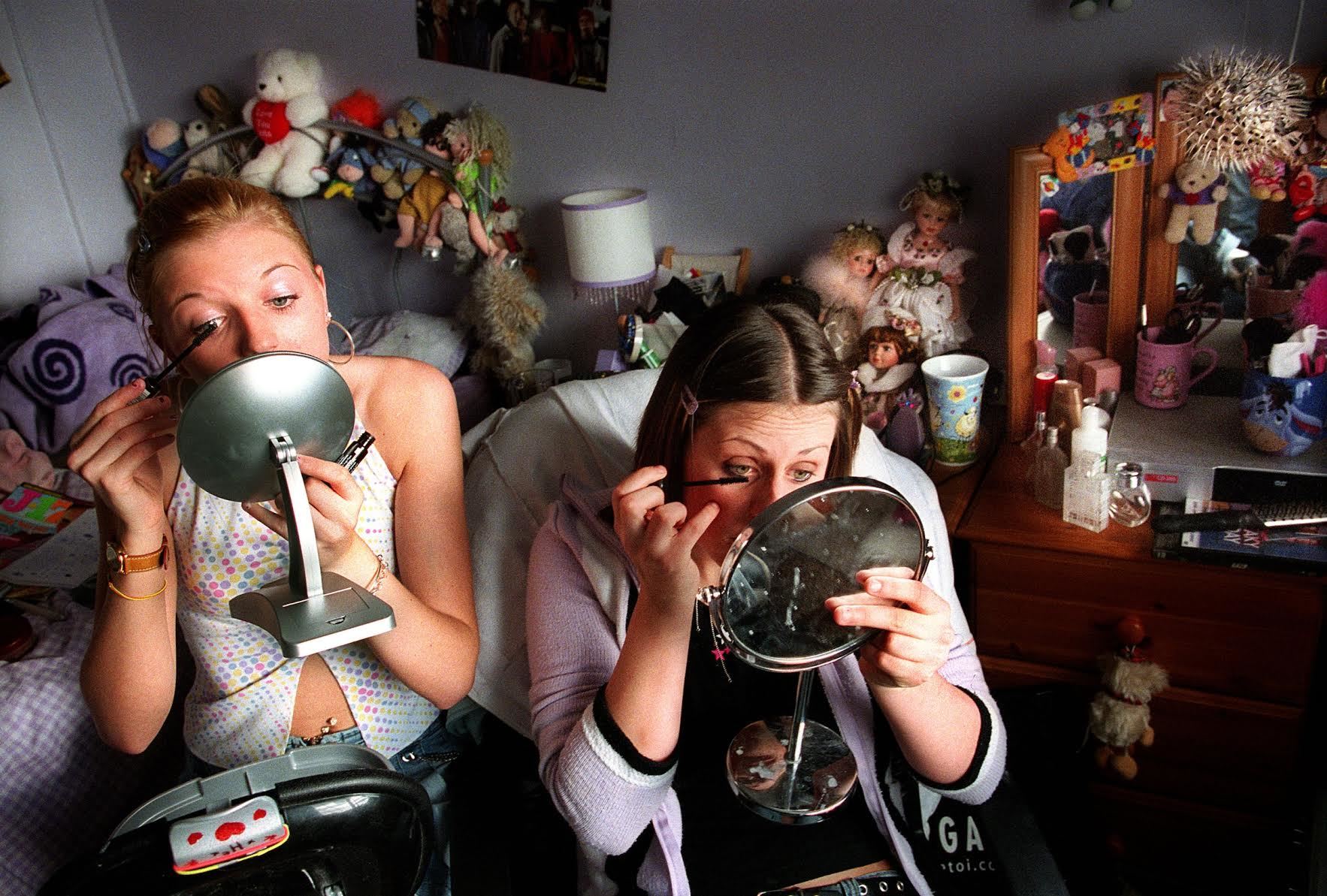
Credits
Text Matthew Whitehouse
